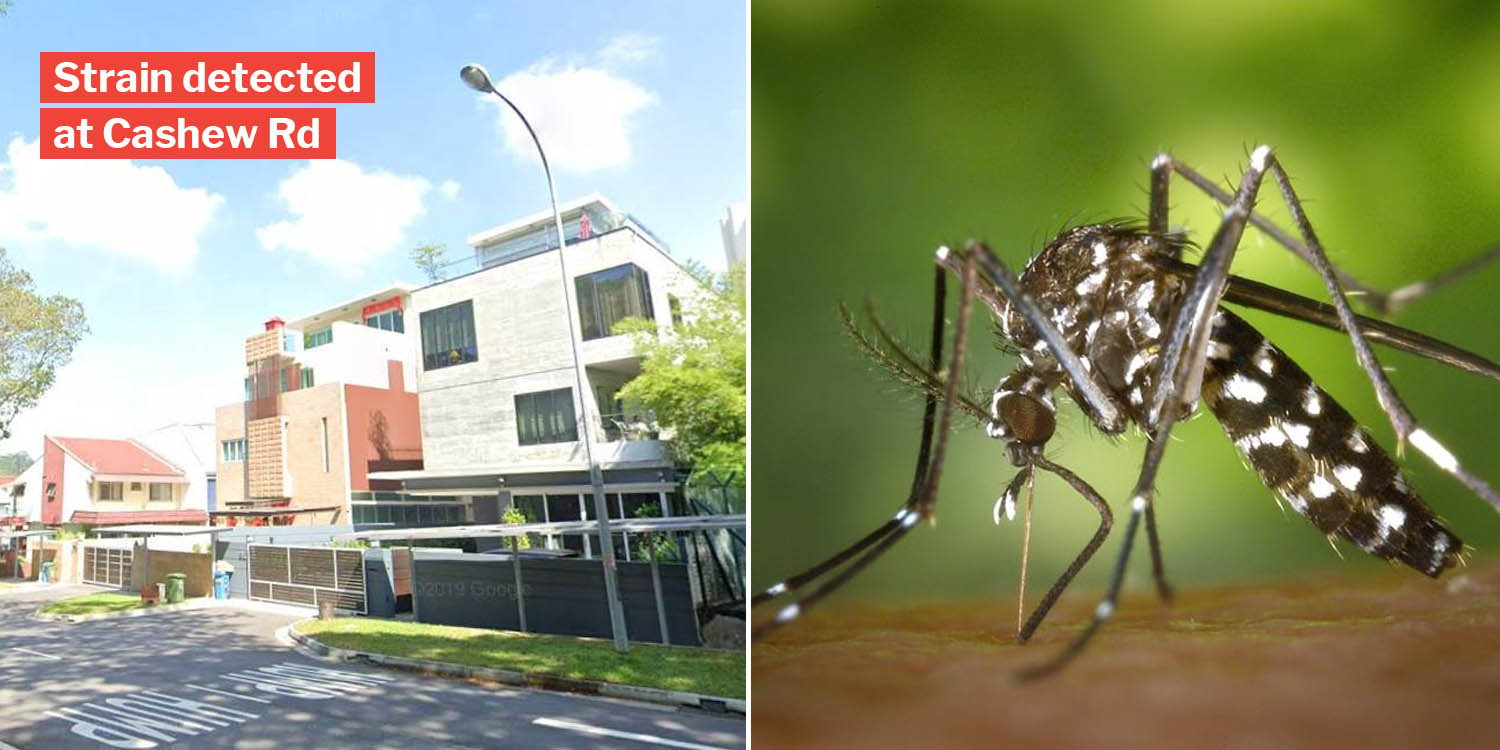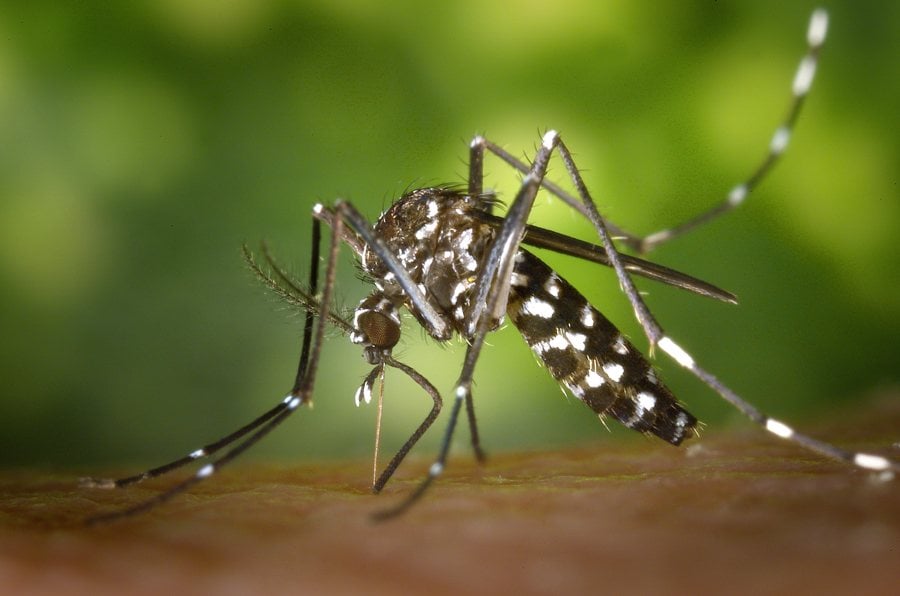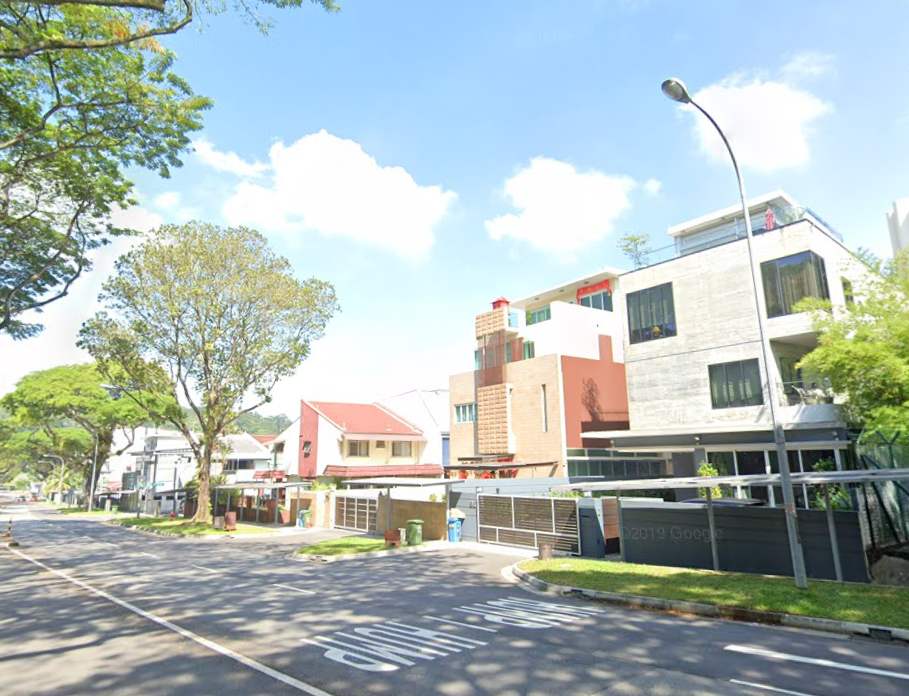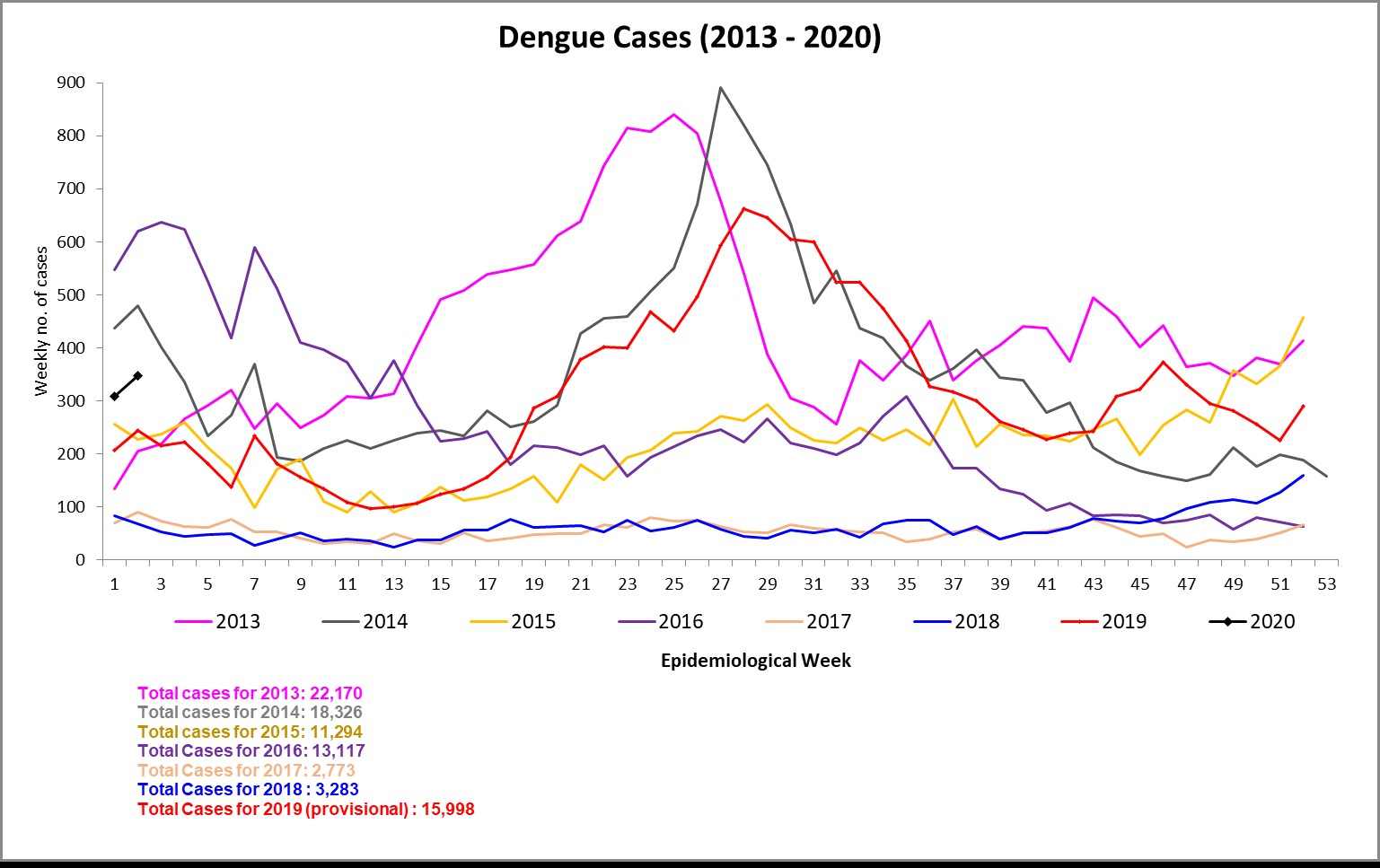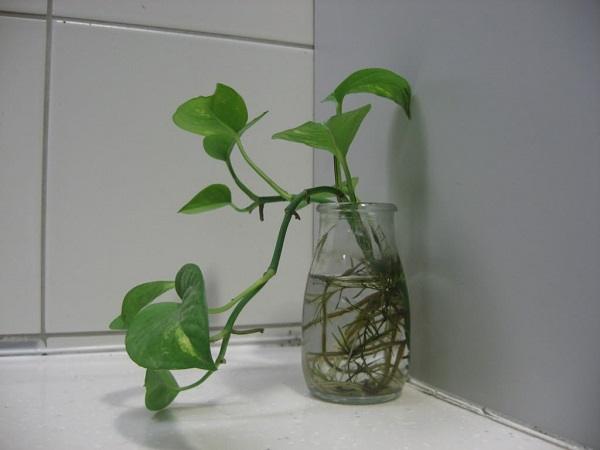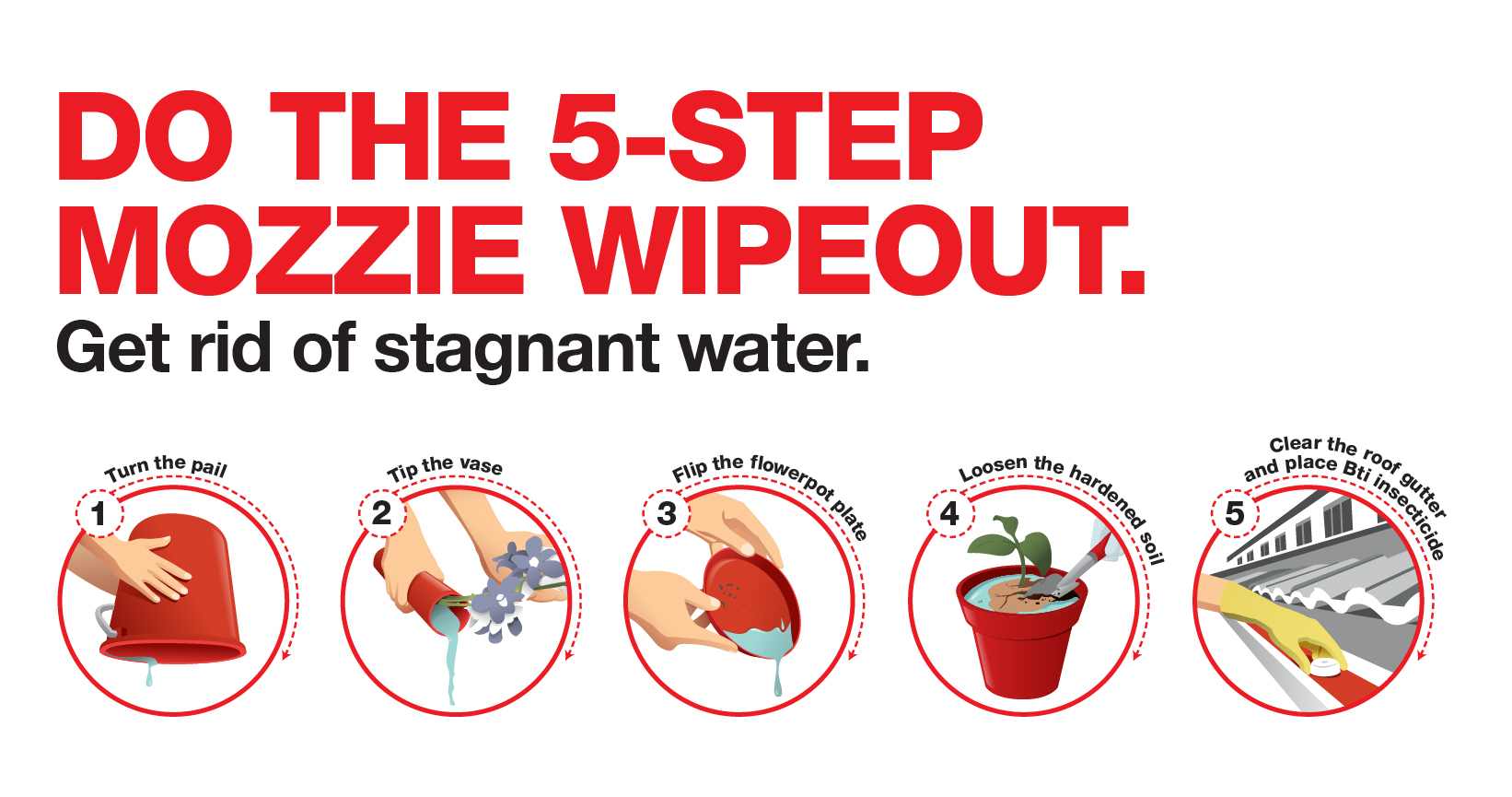S’pore Has New Dengue Threat As More Cases With Rare Strain Surface
The end of the monsoon season beckoned the arrival of a more unpleasant situation — Dengue.
The National Environment Agency (NEA) reported 345 cases in just the second week of 2020. Now, Singapore faces a different threat: a rare Dengue strain.
According to NEA, the strain has been around for 30 years, but has been lying dormant.
Cases of new Dengue strain found in 3 clusters
On 15 Jan, NEA said there were more cases of Dengue virus serotype 3 (DENV-3) being detected. The strain has also been found in “more clusters across the island”.
Among the 4 Dengue serotypes, DENV-1 and DENV-2 are most common, with the latter being the predominant one since 2016.
There are currently 6 large dengue clusters, of which 3 were found to contain the DENV-3 serotpe — Jalan Bangau, Cashew Road, and Jalan Paras.
Since there has not been an outbreak of DENV-3, NEA claims that Singapore’s population is “more susceptible to transmission of the virus” because of low population immunity.
Dengue cases multiplied 5 times between 2018 & 2019
In 2019, there were 15,998 dengue cases reported, which is almost 5 times more than 2018’s figures. The most severe outbreak was in 2013, with a total of 22,170 cases.
The weekly amount of cases has been on the rise since the end of 2019.
Mosquitoes thrive in warmer weather
According to NEA’s forecast, an increase in the circulation of the virus may lead to weekly dengue cases exceeding the current levels.
As the weather becomes warmer, more places in Singapore will become ideal breeding spots for mosquitoes.
To prevent the situation from worsening, we need “concerted community action” in addition to NEA’s own control efforts.
Do your part to fight dengue
NEA revealed there were instances where mosquito breeding was found “multiple times” in the same house over the duration of the clusters.
There were also homes that still had mosquito breeding spots even after 3 months of alerts and intensive source reduction work. Thus, NEA urges everyone to cooperate with them to fight dengue.
Doing so is as simple as following the 5-step mozzie wipeout.
For more information on preventing other possible breeding spots at home or plant nurseries, click here.
Let’s all do our part — not just ourselves but for everyone around us.
Featured image adapted from Towards Data Science and Google Maps.
